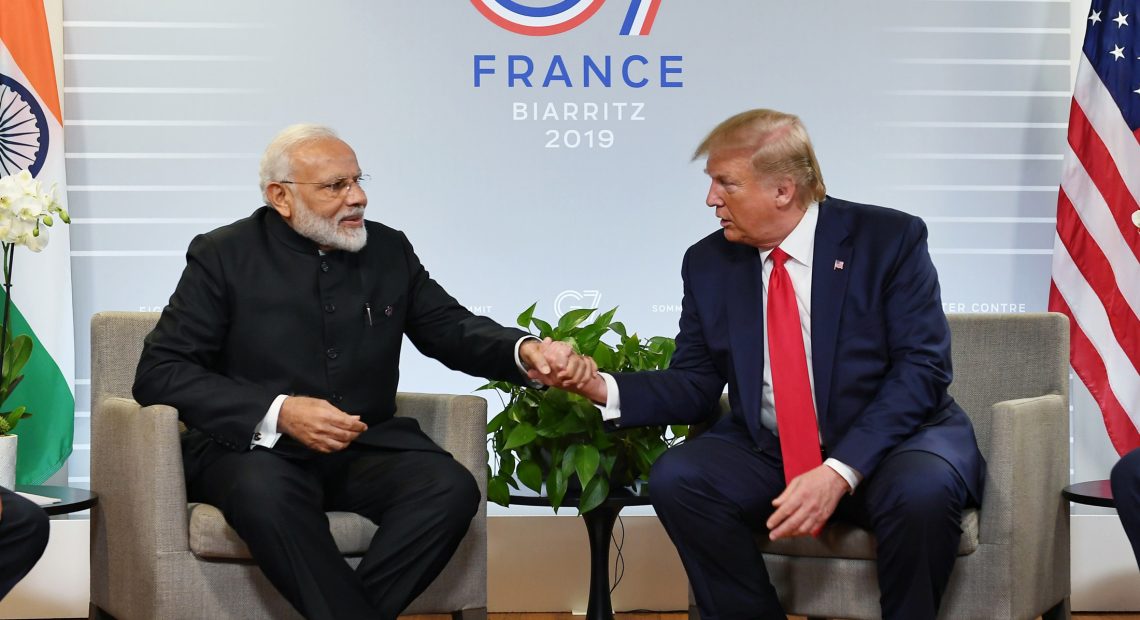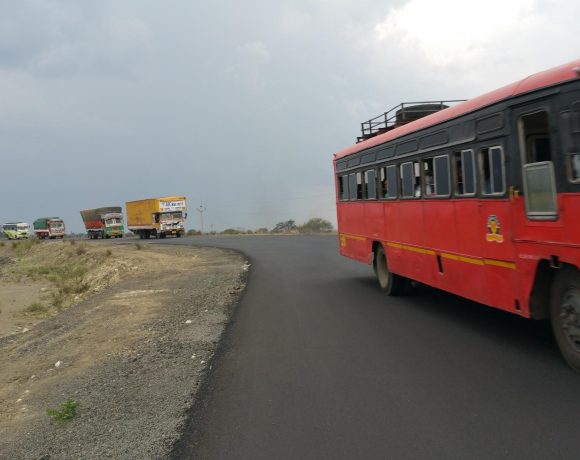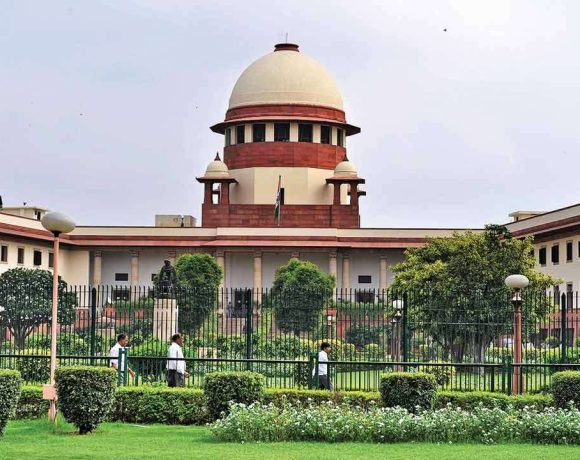
US Urges Responsible India-Pakistan Resolution After Attack
Tensions between India and Pakistan continue to rise following the deadly April 22 terror attack in Pahalgam, which left the region and the international community deeply concerned. Amid this backdrop, the United States has called for a “responsible solution” between the two nations, while firmly standing with India.
A U.S. State Department spokesperson stated, “This is an evolving situation, and we are monitoring developments closely. We have been in contact with the governments of both India and Pakistan at multiple levels.” The statement highlights Washington’s close engagement with both countries as tensions escalate, with multiple channels of communication reportedly active to prevent further deterioration of the situation.
Pahalgam Terror Attack Draws Global Concern
While emphasizing dialogue, the United States made it clear where its support lies. Reaffirming solidarity with India, the spokesperson added, “The United States encourages all parties to work together toward a responsible resolution,” and further declared, “We stand with India and strongly condemn the terrorist attack in Pahalgam.”
The attack, which saw militants ambush and kill 26 Indian civilians, has been attributed to Pakistan-based terror groups by Indian investigative agencies. The incident has severely strained an already fragile relationship between New Delhi and Islamabad, with India taking several retaliatory diplomatic and economic steps, including suspension of the Indus Waters Treaty.
US India Support Strengthens
The latest remarks from the State Department align closely with those from senior U.S. leadership. President Donald Trump and Vice President JD Vance have both extended strong messages of support to India in the aftermath of the attack. In their respective statements, they expressed solidarity with the victims and stressed the need for restraint to avoid a wider conflict in the region.
Washington’s calibrated response appears aimed at balancing its firm condemnation of terrorism with an attempt to prevent a further military escalation between two nuclear-armed neighbors. The Biden administration continues to monitor the region closely as tensions remain high.
Meanwhile, India has reiterated its stance that it reserves the right to respond appropriately to acts of terror originating from across the border. Pakistan, on the other hand, has denied involvement and called for an international investigation into the attack, a move seen by New Delhi as an attempt to deflect blame.
As diplomatic efforts gather momentum behind the scenes, the United States remains a key player in facilitating dialogue, while firmly backing India’s position against cross-border terrorism.


















